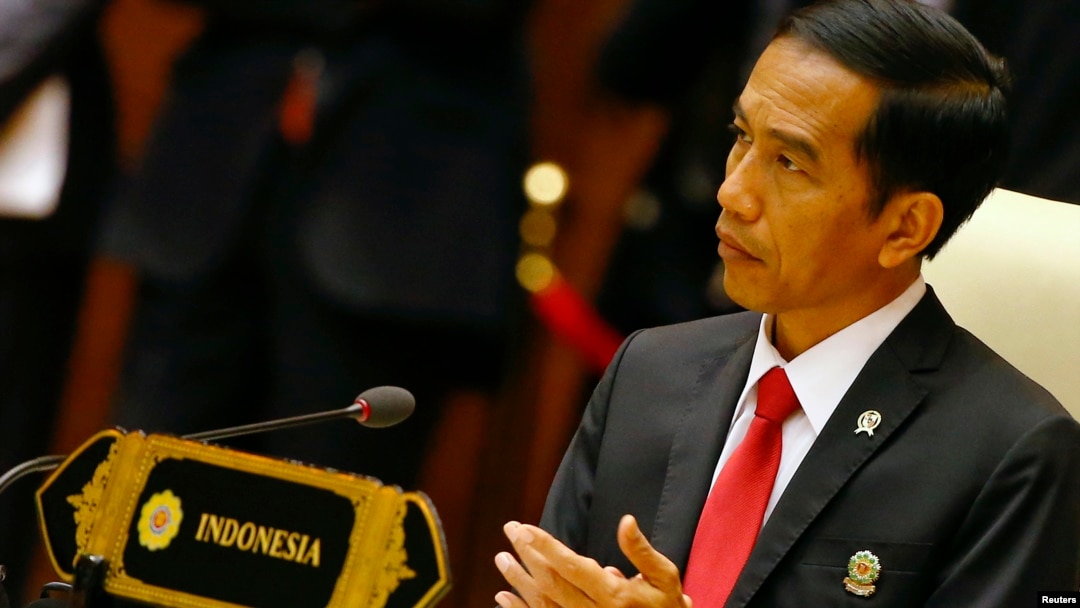Japan will sign a defense pact with Indonesia next week, officials in both governments said, the latest effort by Tokyo to forge closer security ties with Southeast Asian nations and build a counter-balance to China.
Japan has already bolstered military partnerships with the Philippines and Vietnam, the two countries most at odds with China over a territorial row in the South China Sea. Japan itself is embroiled in a bitter dispute with China over uninhabited islands in the East China Sea, further to the north.
Indonesian President Joko Widodo visits Tokyo next week and will sign an agreement with Japanese Prime Minister Shinzo Abe on increasing cooperation in military training and technology, the officials said. Currently, the two countries only have an agreement for the exchange of military students.
Although it will be a non-binding agreement, it is seen as the first step in bolstering defense ties. A Japanese foreign ministry official said Widodo's trip sends a “big message” as this will be his first state visit outside Southeast Asia.
An Indonesian government official said the defense pact was “very significant” for both nations.
For Japan, closer ties with Indonesia could also give its defense firms a better chance to compete against South Korean military equipment makers, who are establishing themselves in the region, a Japanese defense ministry official said.
Widodo will visit China, which already has a legally binding defense agreement with Indonesia, immediately after his stop in Japan.
Indonesia, the largest country in Southeast Asia, has been a self-appointed broker in the myriad territorial disputes between its neighbors and China over the South China Sea.
Tokyo has no territorial claims in the South China Sea, but worries about becoming isolated should China dominate a waterway through which much of Japan's ship-borne trade passes.
The cooperation is also in line with a more muscular security policy advocated by Abe, who wants to loosen the restraints of Japan's pacifist post-war constitution, and dovetails with Washington's “rebalance” toward Asia.




